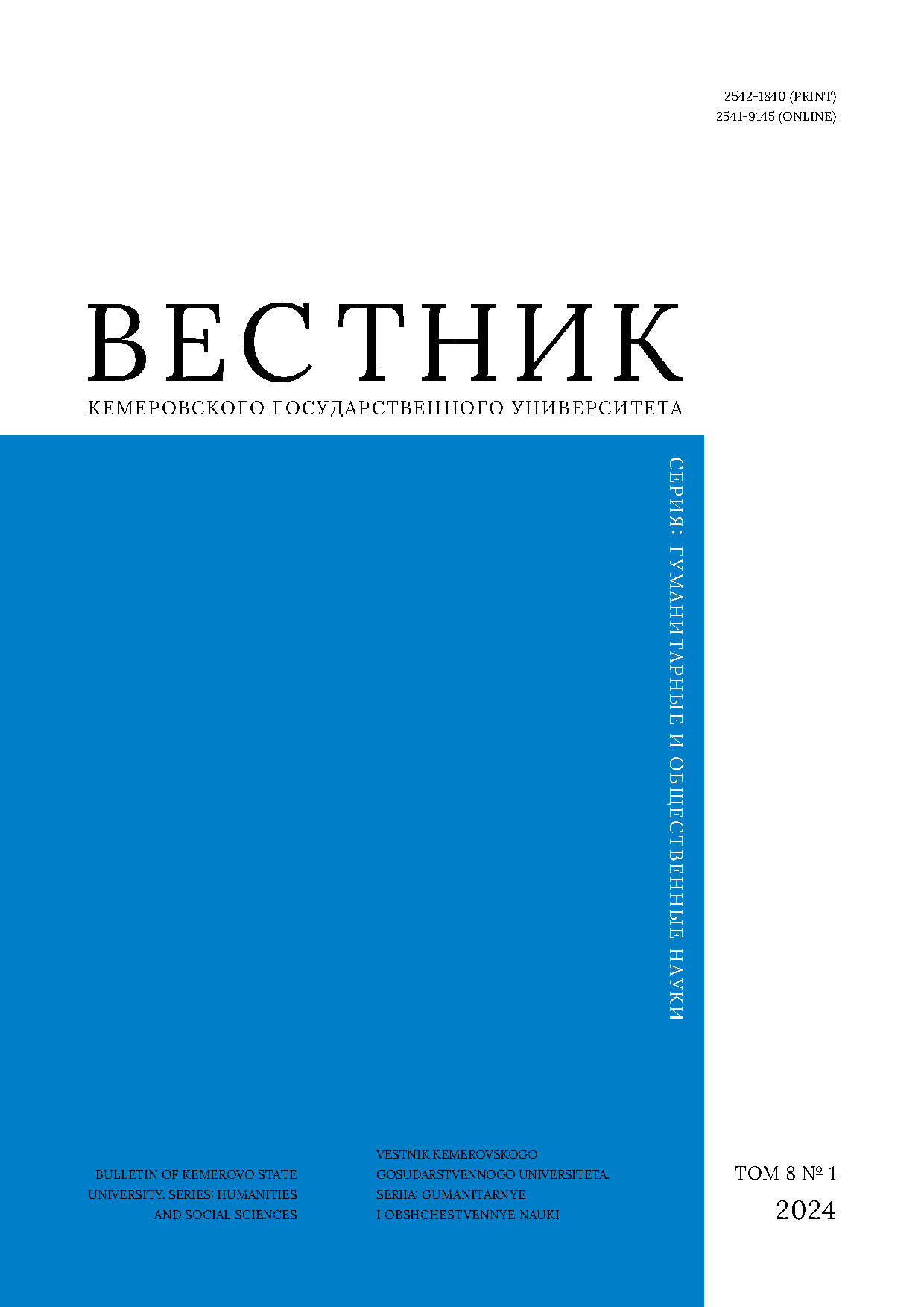Russian Federation
Russian Federation
UDK 37 Образование. Воспитание. Обучение. Организация досуга
The article features project method in teaching Russian as a foreign language to students of Iranian universities. The research objective was to study the opinions of teaching staff (13 interviewees). The research was based on the project theory and personality-oriented approach. The survey showed that most teachers consider this method an indicator of professional skill and argue that project activities affect the motivation of teachers and students. Most of them implement project method in their work. However, they also point out the following problems: a lack of time and effort to create and apply pedagogical innovations, as well as a lack of material incentives and support from colleagues; problems associated with the transition from the role of a mentor to the role of a consultant; difficulties in applying research and creative methods. The results can be used to teach Russian to Iranian university students.
Iranian pedagogues, project activity, personality-oriented approach, subject position of teachers, motivation
1. Sidakova N. V. Conceptual position in the personally oriented approach when teaching. Vestnik Kostromskogo gosudarstvennogo universiteta. Seriya: Pedagogika. Psihologiya. Sociokinetika, 2016, 22(2): 40-43. (In Russ.)
2. Sidakova N. V. Personal oriented approach as a strategy of systematic and consistent process of learning foreign language. Vektor nauki Tolyattinskogo gosudarstvennogo universiteta Seriya: Pedagogika, psikhologiya, 2015, (2): 146-149. (In Russ.)
3. Maksimova E. B. Formation of communicative competence in university students. Cand. Ped. Sci. Diss. Moscow, 2007, 173. (In Russ.)
4. Smirnova E. V. Aspects of person-centered education with the use of ICT tools in foreign languages teaching. Karelian Scientific Journal, 2017, 6(1): 33-37. (In Russ.)
5. Yakimanskaya I. S. Technology of personality-oriented education. Moscow: Sentiabr, 2000, 176. (In Russ.)
6. Khokhlenkova L. A. Personality-oriented approach in teaching foreign monologue speech of future specialists at non-linguistic high school. Baltic Humanitarian Journal, 2016, 5(3): 231-234. (In Russ.)
7. Medvedeva K. O. Technology of student-centered learning by method of project. Vestnik Rossiiskogo universiteta druzhby narodov. Seriia: Voprosy obrazovaniia: iazyki i spetsial'nost', 2015, (2): 72-77. (In Russ.)
8. Mynbaeva A. K., Sadvakasova Z. M. The art of teaching: concepts and innovative teaching methods, 2nd ed. Almaty: Kazakhskii natsionalnyi universitet im. alFarabi, 2012, 228. (In Russ.)
9. Dewey J. Psychology and pedagogy of thinking, tr. Nikolskaia N. M., ed. Vinogradov N. D., 2nd ed. Berlin: Gos. izd-vo RSFSR, 1922, 196. (In Russ.)
10. Polat E. S., Bukharkina M. Yu. Modern pedagogical and information technologies in the education system, 3rd ed. Moscow: Akademiia, 2010, 368. (In Russ.)
11. Fedorova M. A., Churilova I. N. Games as a way of optimizing the educational process while teaching Russian as a foreign language to adults. Scientific notes Transbaikal State University, 2017, 12(6): 110-114. (In Russ.)


















